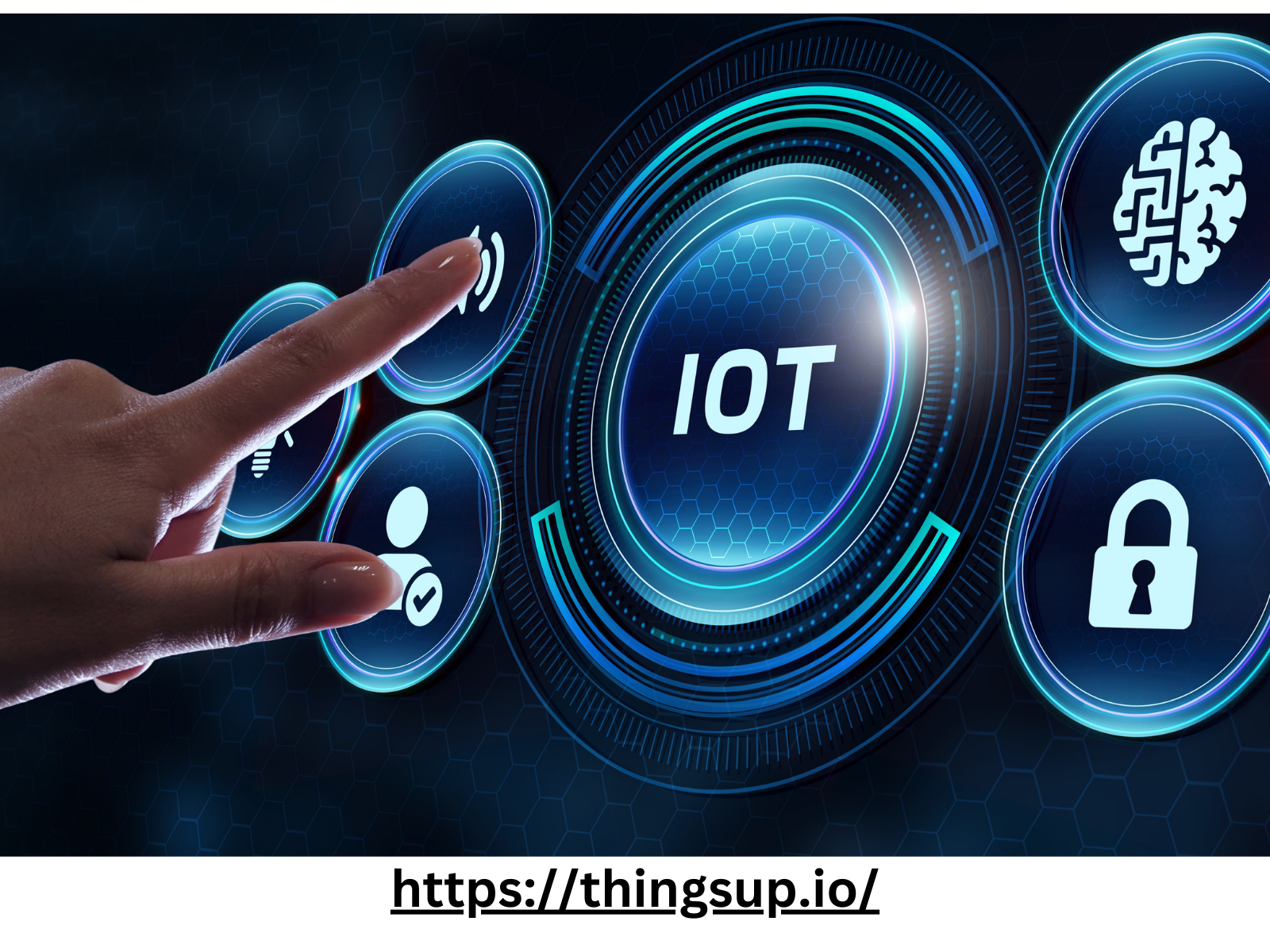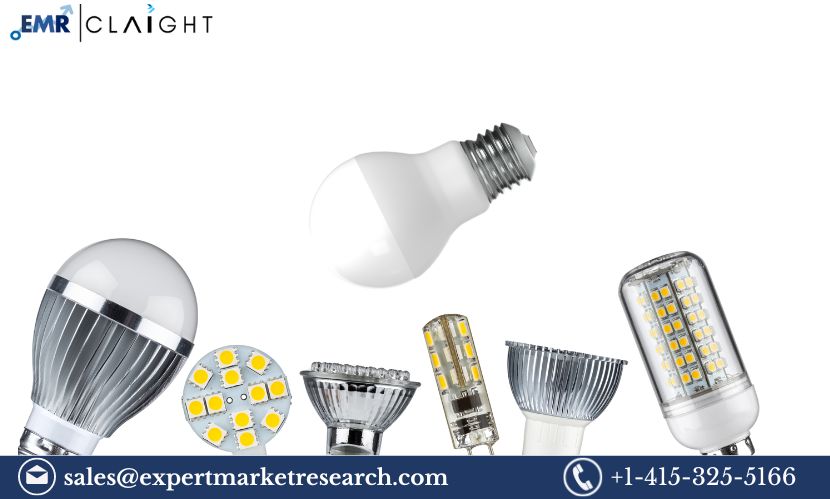The IoT continues to change how industries and people relate to technology today. Smart homes, industrial automation, and healthcare and agriculture are just some areas where IoT platforms have become the foundation for highly connected society. More devices, sensors and machines connect to the internet and thus, organizations are embracing the use of IoT solutions to improve their operational productivity and gain real-time information. But what are the outcomes – the advantages of adopting IoT solutions? In this article, you will be able to learn how the various industry benefits from IoT platforms, and how it propels operations to ultimate efficiency.
Enhanced Efficiency and Productivity
Self-learning and self-organizing IoT platforms allow for overseeing variety processes in real time and processing the received information in order to eliminate inefficiencies and make accurate decisions. The use of IoT includes making connections between machines, sensors, and devices in order to make processes more efficient, minimize the occurrence of human interference in operational processes, and automate several actions at the same time. For instance, in manufacturing, the IoT machines have the ability to predict the possible requirement for maintenance hence making the needed adjustments and reducing Cycle time. This implies increased productivity, less production holdup and lesser expenses in the organization.
For instance in agricultural sector IoT sensors measure the quality of soil, climate conditions and the health status of crops so as to automate the process of watering, use of chemicals and fighting pests. This leads to improvement in yields with minimizing on the use of resources such as water and energy. In other words, for businesses, IoT makes work easy by automating most processes making it easier and efficient to work.
Cost Savings
Cost saving has been ranked among the most important advantages of using IoT solutions. The IoT platforms allow for predictive maintenance in that machines and devices are able to flag the possibility of a failure before it occurs. This kind of approach helps to prevent costly equipment repair, increase up-time, and overall increase the useful life of equipments. In some fields like manufacturing, a failure in equipment is a heavy setback and hence IoT brings massive saving opportunities.
In addition, IoT platforms help businesses optimize energy consumption. Smart energy management systems, powered by IoT, can monitor electricity usage in real-time and suggest ways to reduce waste. By using energy more efficiently, companies can lower utility bills and reduce their environmental footprint, creating a win-win scenario.
Improved Data Insights and Decision-Making
Data is at the heart of IoT. Every connected device, sensor, or machine generates vast amounts of data that can be analyzed to provide valuable insights. These data-driven insights enable organizations to make better decisions, optimize their operations, and stay competitive. IoT platforms facilitate the collection, processing, and analysis of this data, giving businesses real-time visibility into their operations.
For instance, in retail, IoT-enabled devices can track customer behavior, preferences, and shopping patterns. This information can then be used to create personalized marketing campaigns and optimize inventory management. In healthcare, wearable IoT devices continuously monitor patients’ health, allowing doctors to provide timely interventions based on real-time data.
By turning data into actionable insights, IoT solutions help organizations make smarter decisions, reduce risks, and drive innovation.
Enhanced Safety and Security
IoT solutions contribute to enhanced safety and security across various industries. In industrial settings, connected sensors can monitor machinery and equipment, identifying potential hazards or malfunctions before they escalate into serious problems. This proactive monitoring helps prevent accidents and ensures a safer working environment for employees.
In addition, IoT-enabled security systems enhance surveillance and monitoring capabilities. Smart cameras, sensors, and alarms can provide real-time alerts in case of unauthorized access or suspicious activity. For example, in smart homes, IoT-based security systems can detect motion, track entrances, and even lock doors remotely, offering homeowners peace of mind.
Scalability and Flexibility
IoT platforms provide the elastic solutions with many advantages, which include the capability of responding to the dynamism and the growth without the need to redesign and reinvest in infrastructure. This makes IoT easy to scale where growing organizations are in a position to incorporate other devices, sensors, as well as machines into the system to track more of their assets and processes.
For instance, in the field of logistics, and supply chain, IoT applications help in tracking the movement of consignments, so that firms are in a position to adapt to changes in demand or other factors that trigger disruptions. By integrating more assets to the IoT platform, the companies can further have better control about their supply chain and operational discretion.
Moreover, by supporting IoT platforms for businesses, cloud IoT allows businesses to remotely control their IoT systems. In centralized control, businesses can see, understand, and manage their IoT structure without hassle and guarantee flexibility.
Better Customer Experience
Customer experience is another area that IoT platforms should address through enabling the delivery of new services to customers, provide real time responses and support among others. In retail, IoT solutions can gather the data on customers and develop smart offers, individual promotions and enhance the shopping for customers. In hospitality, smart rooms have IoT devices which control lights, temperature and have a means of displaying entertainment based on the preferences of the guest to afford the guest’s an opulent experience.
The transport sector for instance, the use of tracking devices through IoT enhances information on the position of vehicles, the expected time of delivery and any inconvenience in that front. With IoT, customer service is also faster and efficient due to real time monitoring and remote possibilities for diagnosis of problems that need to be solved.
Conclusion
The application of the IoT solutions always has many advantages for industries and organizations, including increased productivity and decreased cost, increased safety standards and customer satisfaction. By using IoT platforms, enterprises can quickly and accurately derive necessary information, adjust corporate activities and meet consumers’ needs. This explains why IoT technology is rapidly growing more and more sophisticated as time passes and its uses will only continue to increase.
As the interconnected net continues to gain momentum it becomes obligatory for any company interested in remaining viable, relevant and adaptive to the customers’ need to embrace Internet of Things solutions. The effects of adopting IoT platforms present the possibility of enhancing not only industries but people’s lives, so the progress will remain inevitable.
Read more: https://technonetwork.co.in/mobile-app-development-companies-in-saudi-arabia-a-growing-digital-hub/


